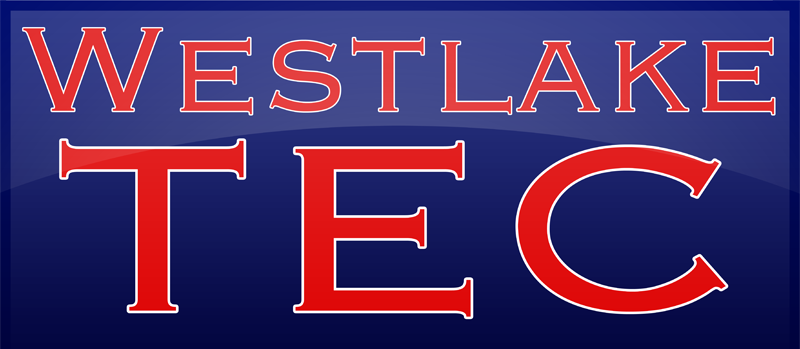As Wilbur the pig pranced around on the stage, I swung my dangling feet back and forth above the ground and looked around the dark theater. I looked at the ladder built into the set; I looked at the squirming kids across from me. I looked everywhere except at the scene going on below, when I noticed some dim light coming from higher up the wall. I turned and squinted, and saw three high school students wearing headsets. They looked so big and important! I watched them for a few minutes, until Fern's yelling pulled my short attention span back to the play.
At the end of the show, the lights came up, and we were ushered away in the direction of our buses. I snuck another look at the people in what I would later learn to be the control booth. A boy waved at me. I smiled shyly and followed my class out.
It was the children's show in the Black Box Theatre - Charlotte's Web that year - and I was a third grader. In what felt like only five seconds later, I was a freshman in high school, facing a crew sign-up sheet on the call board. The children's show? I could be one of those kids up there! I didn't waste any time in writing my name down.
Soon after, the official crew was selected and the list was posted - I was assigned the job of sound board operator for The Brothers Grimm Spectaculathon. It was my first taste of TEC. I met and learned from younger members and upperclassmen alike, and I played back all of the show's sound cues without problems. Once I started, I wasn't going to stop. I worked Zenith, then joined the leadership team, then the Chaparral Stadium Video Crew and worked every PAC production my sophomore year. I was hooked.
Fast-forward to junior year, where I found myself back in the Black Box as the stage manager for Willy Wonka. This show was the longest running in TEC's history, with a total of nine shows, had the largest cast of any Black Box Theater show with almost 40 cast members, and even brought in several elementary students from across the district. For a lack of a better description, it was a big production!
To top it all off, we had a smaller-than-usual crew. However, everyone rose to the challenge and was on top of their jobs, taking notes to help them improve and constantly teaching each other. One TEC member who wasn’t originally on the crew stepped up at the last minute to fill the position of a student who got sick, emulating the camaraderie and leadership outlined in the mission statement by being there when needed and doing what others might not be willing to do. Together, we put on nine great shows, each one better than the last.
Honestly, I was a little nervous to stage manage - what if I messed up the whole show? But during the three rehearsals before opening night, and in the days of the shows after, I asked questions, I took notes, and I remembered the examples set by all the stage managers before me - the same things I had done on all of the shows I'd worked no matter what position I was in. Then, when opening night came, all I could do was my best and trust in the crew.
One of the most important lessons I learned from this experience was that part of being a leader is knowing when to step back and be a follower. With all of the different elements that make up a show, it's impossible for one person to do everything. Specialization makes every part of the show the best that it can possibly be instead of having many people’s focus and knowledge spread too thinly over everything. For the scene changes this show, the stagehands figured out what worked best for them and wrote their own notes instead of me micro managing them from the control booth. Because they were constantly moving the set, they were able to troubleshoot and make changes much better than I would be able to make. Being the stage manager doesn't mean being the person that is in charge of everything. It means being the person that calls the cues. Everything else is being a leader, which everyone on a crew has the potential to be. Everyone can offer encouragement, propose solutions to a problem, follow rules and safety protocol, and embody professionalism, teamwork, camaraderie, and fun. By acknowledging that everybody on the crew is a leader - no matter the magnitude or number of their responsibilities - no one is above anybody else. Every job is equally important. The members of a crew learn from each other and work together, not on different levels based on perceived rank. This dynamic leads to successful productions and contributed to the improvement and eventual accomplishment of this show.
fter the conclusion of the ninth curtain call and the final call of the last light cue, I stood up from my stack of textbooks (I was too short to see the stage without them) and happily started discussing how well the show went with the light and sound board operators - my coworkers, and friends - while watching all of the kids exit the theater. Some were chattering excitedly; some were waiting patiently, still and quiet. A few were staring intently up at us.
So I waved.
-Kara Fox
